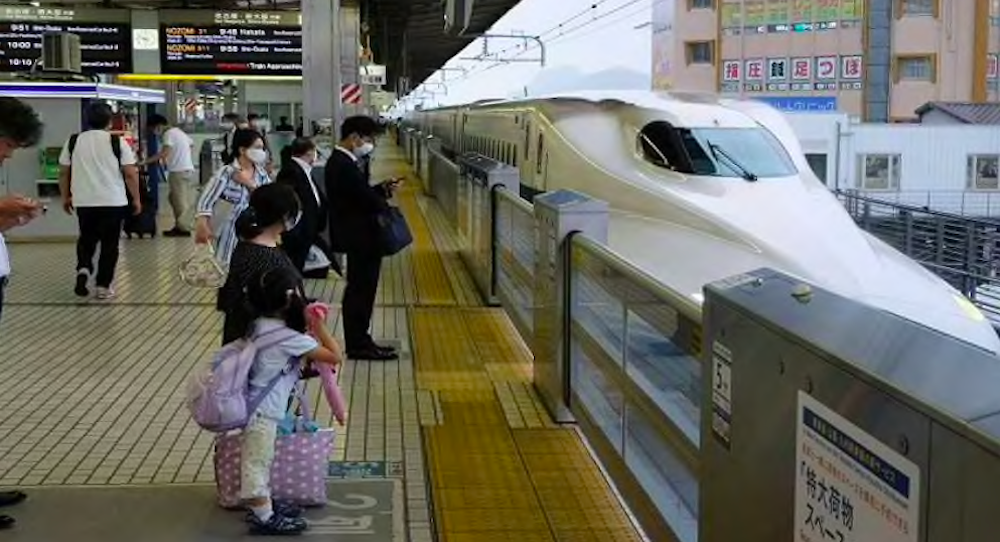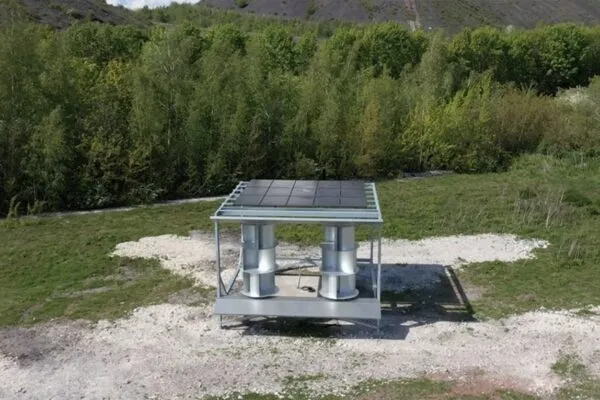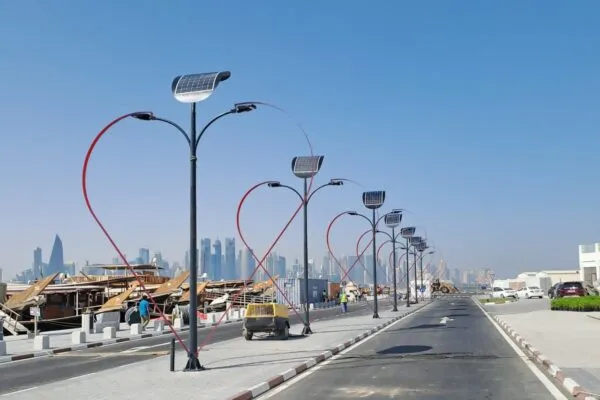Major Japan Railway Switches to ‘Green’ Renewable Energy
To promote country's green initiatives, Japanese railway company, Tokyu, is now only using renewable energy sources to power their main train services
Japan’s train system is the country’s pride being one of the most crucial transport systems for the general public. But keeping the drastically changing environmental conditions in mind, the country has made an important “green” decision. Tokyu, a major railway company in Japan, has started to use solar and other renewable energy sources to power the trains in the country. To that end, the trains running via Shibuya (popular for Scramble Crossing) and other stations are using green energy.
These major railway stations are operating with only renewable energy since April 1, 2022. It means that around seven train lines, as well as one tram line running in this region, will attain zero carbon emissions over time. Not just its railway stations, the country is also including security camera screens, vending machines, and lighting in its green initiative.

Image: WION
According to Ryo Takagi, a professor at Kogakuin University and specialist in electric railway systems, it is not simple to determine whether the move is right for Tokyu or not. It is because the train technology evolution is very complex and it relies on various uncertain factors of the society.
He said that Tokyu’s efforts are not harmful and it’s better than simply doing nothing. The railway’s decision shows its intention to promote clean energy. Takagi, however, added that the major gains would come if they switch the diesel trains in the remote areas to hydrogen-powered ones. The country must also consider switching from gas-operated cars to electric vehicles.
While there is still a long way to go, turning to renewable energy sources is a good start. As more and more organizations, companies, and people begin to use greener energy sources, there is a glimmer of hope of controlling the current environmental crisis.
The country is also aiming to use around 36-38 percent of energy coming from renewable sources by 2030. And, it is most likely to slash the overall energy use as well.
Via: Seattle Times


